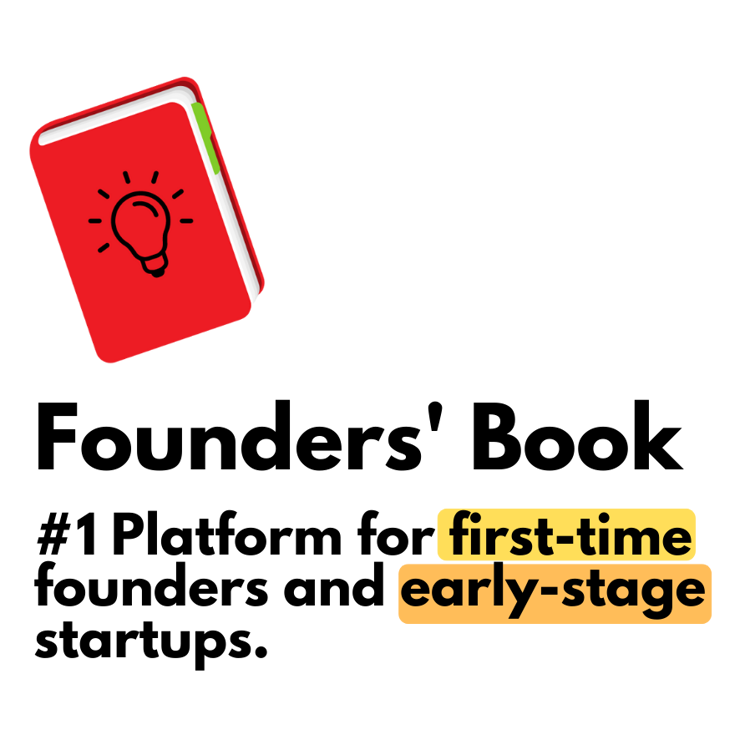Glossary / Bottom-Up Sales
Bottom-Up Sales
Bottom-up sales is a sales strategy that focuses on starting sales efforts at the individual or lower levels of an organization and gradually working up to higher levels. This approach involves targeting individual users or departments within a company and gradually expanding sales efforts to reach decision-makers and executives. In bottom-up sales, the salesperson aims to build relationships and gain traction at the lower levels of an organization by demonstrating the value and benefits of their product or service. By successfully selling to individual users or departments, the salesperson can then leverage these successes to gain buy-in from higher-level decision-makers. This sales strategy is often used when selling products or services that have a lower price point or are more likely to be adopted by individual users or departments rather than being implemented company-wide. It allows salespeople to build a strong foundation of support within an organization before approaching higher-level decision-makers. Bottom-up sales can be effective in situations where there is resistance or skepticism from higher-level decision-makers. By gaining support and proving the value of the product or service at lower levels, the salesperson can overcome objections and gain buy-in from decision-makers who may have initially been hesitant. Overall, bottom-up sales is a strategic approach that focuses on building relationships and gaining traction at lower levels of an organization before moving up to higher-level decision-makers. It allows salespeople to demonstrate the value and benefits of their product or service and overcome resistance or skepticism from higher-level stakeholders.

